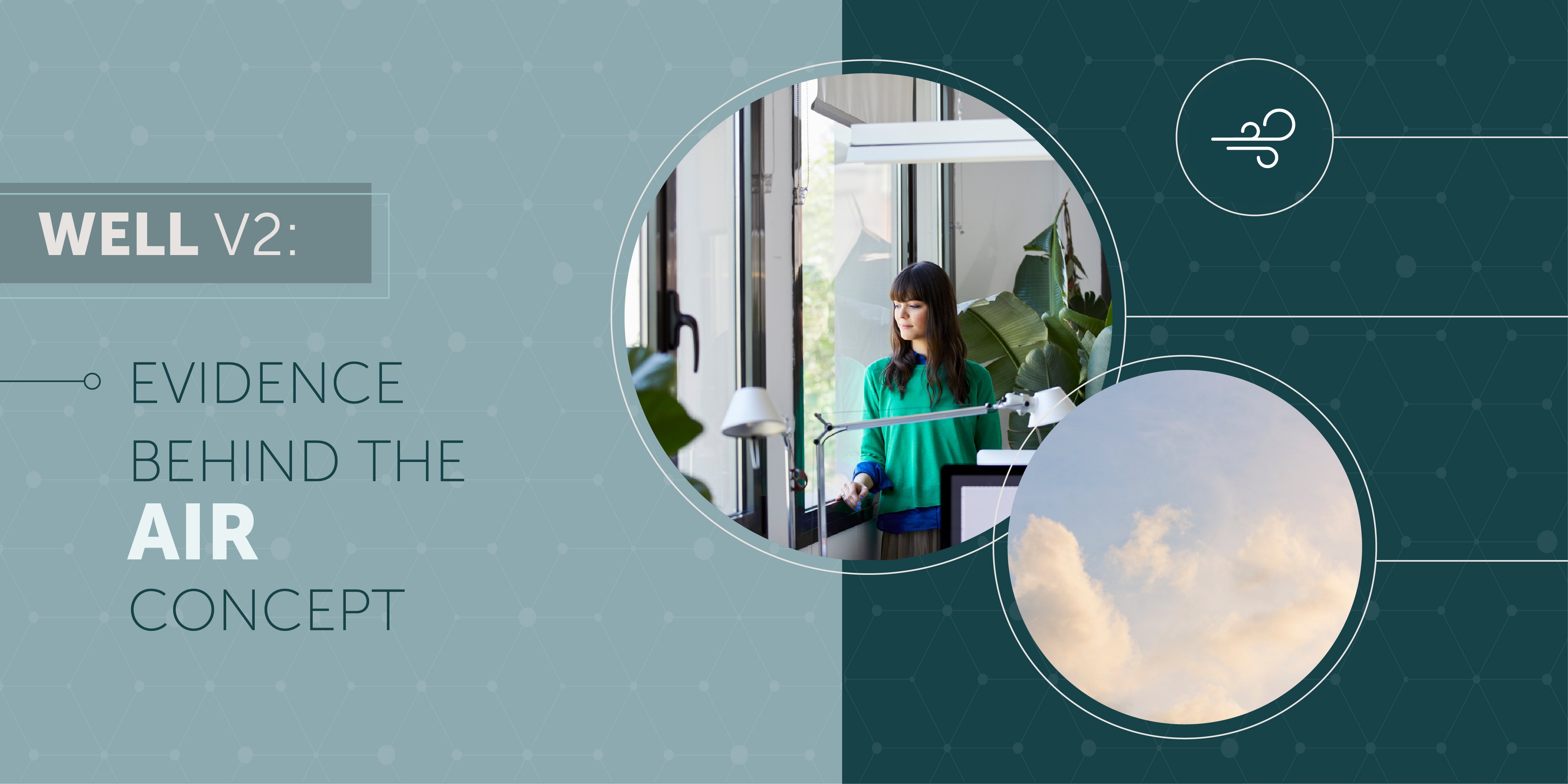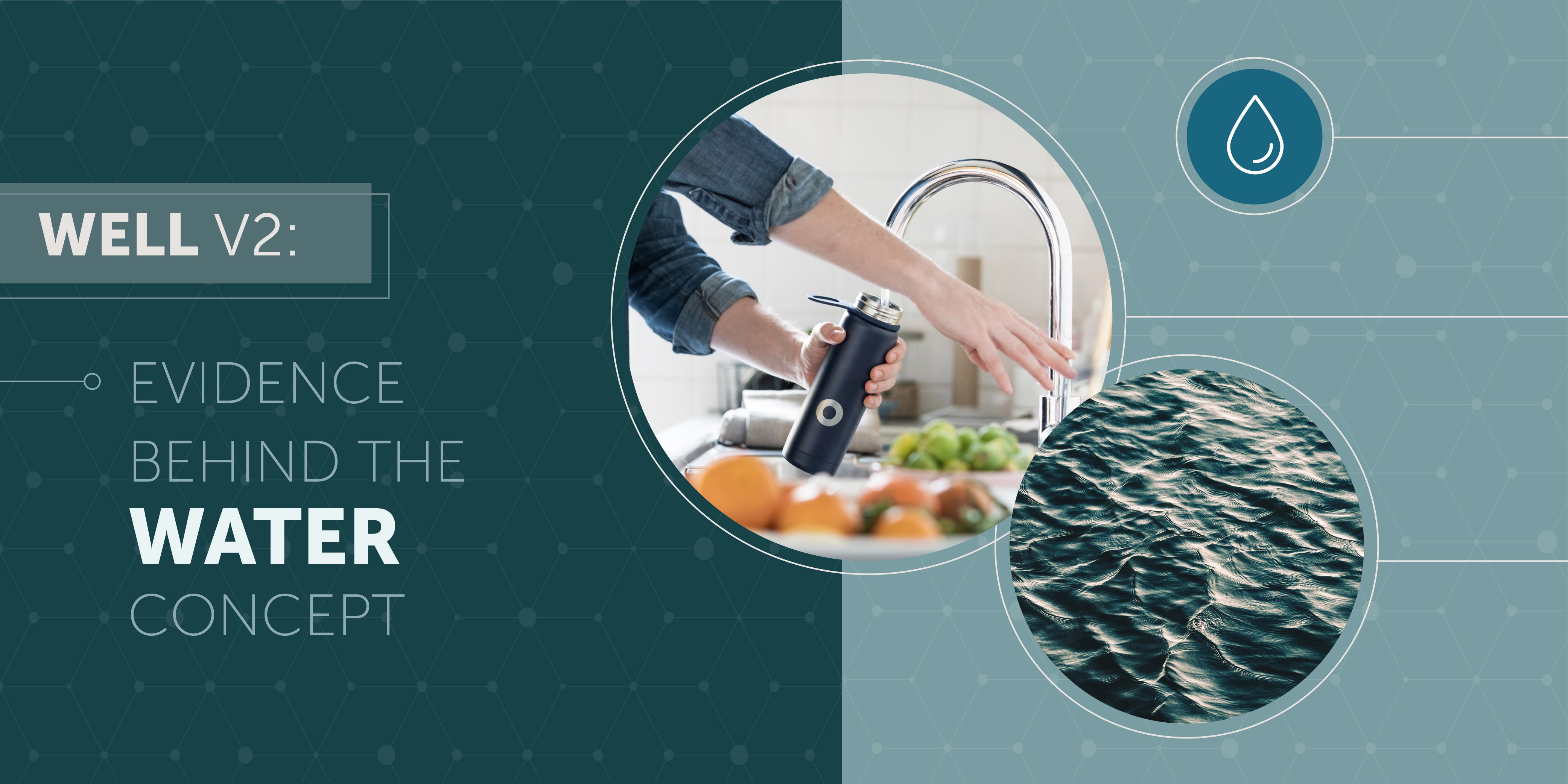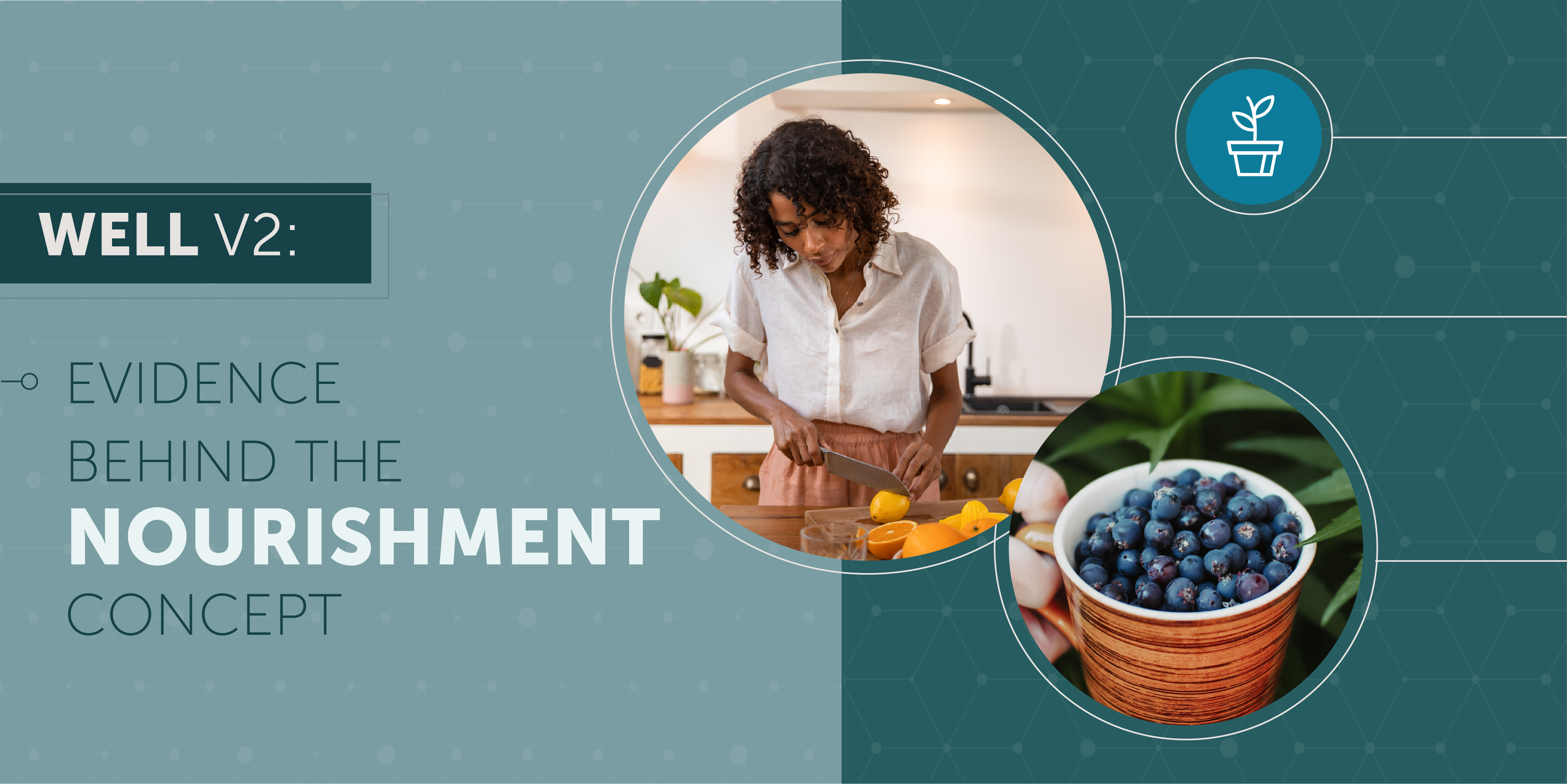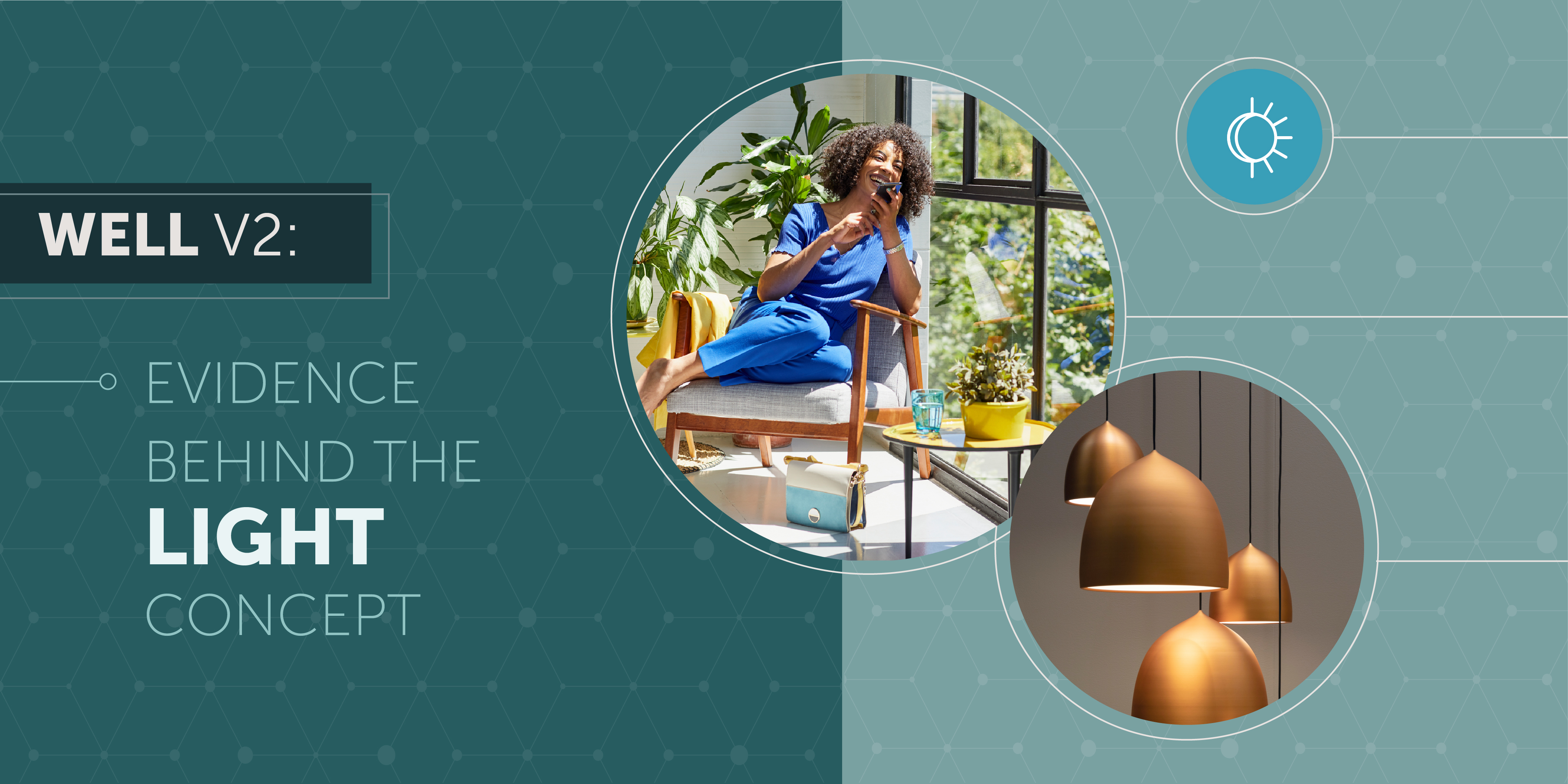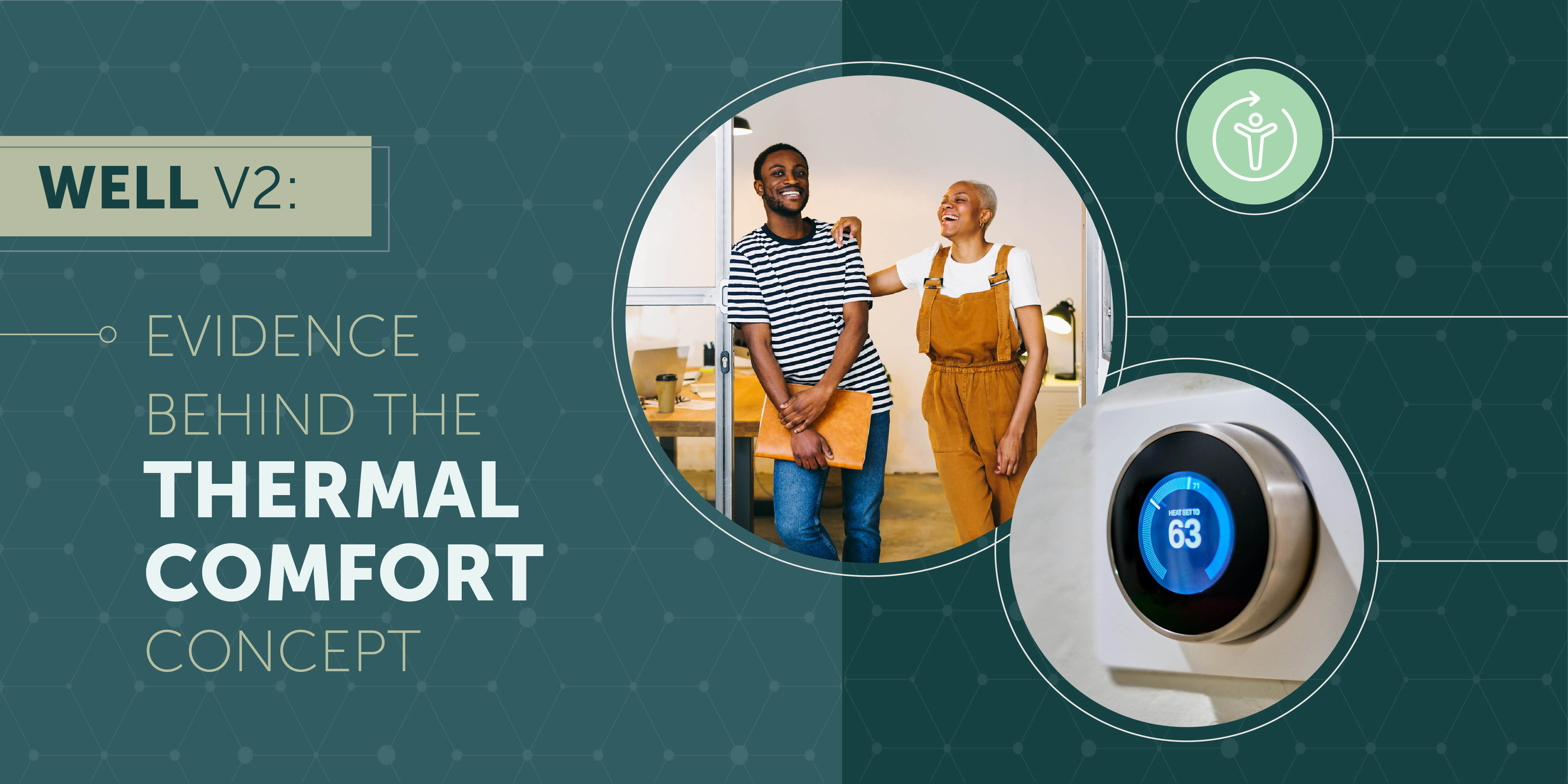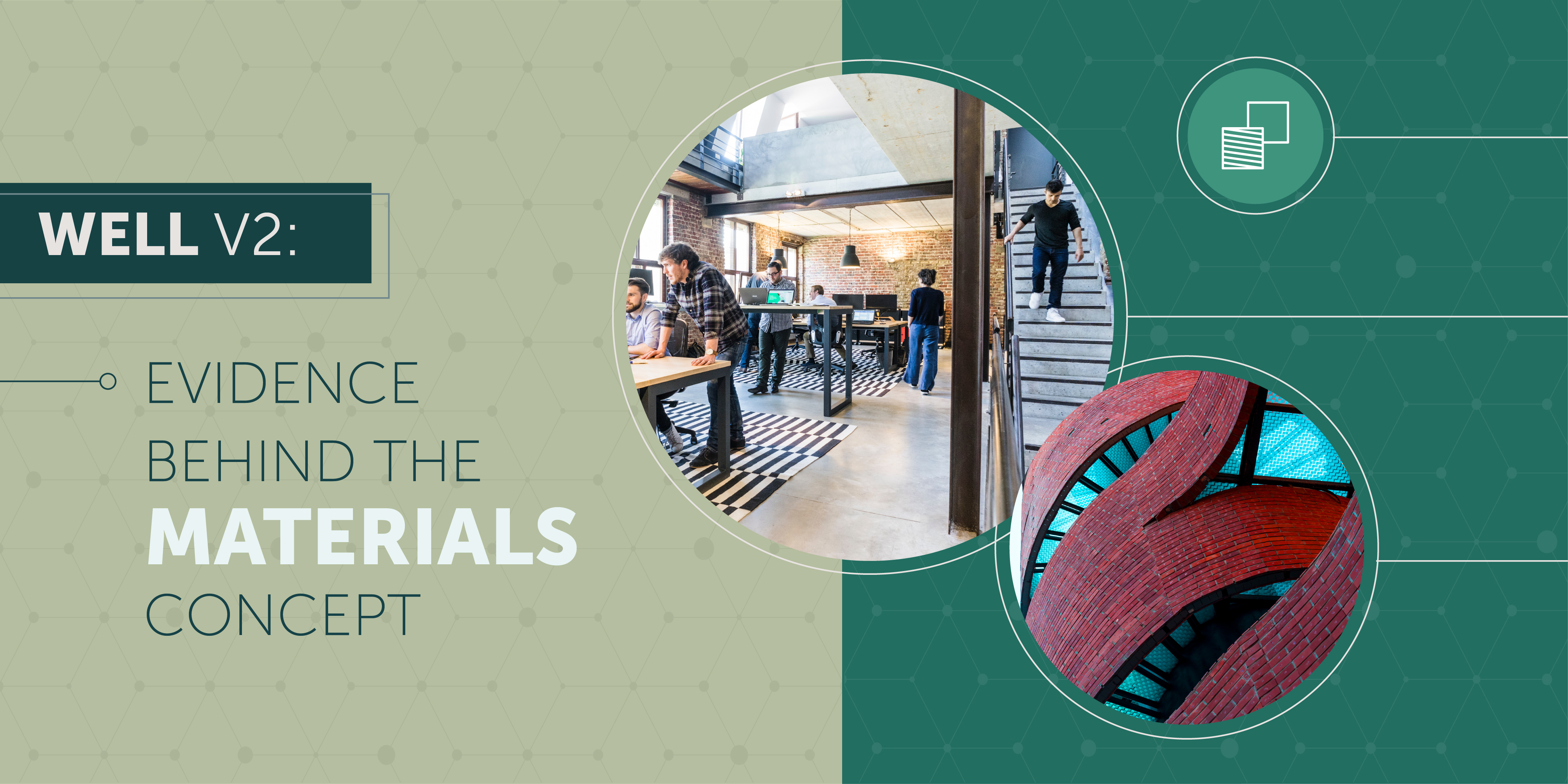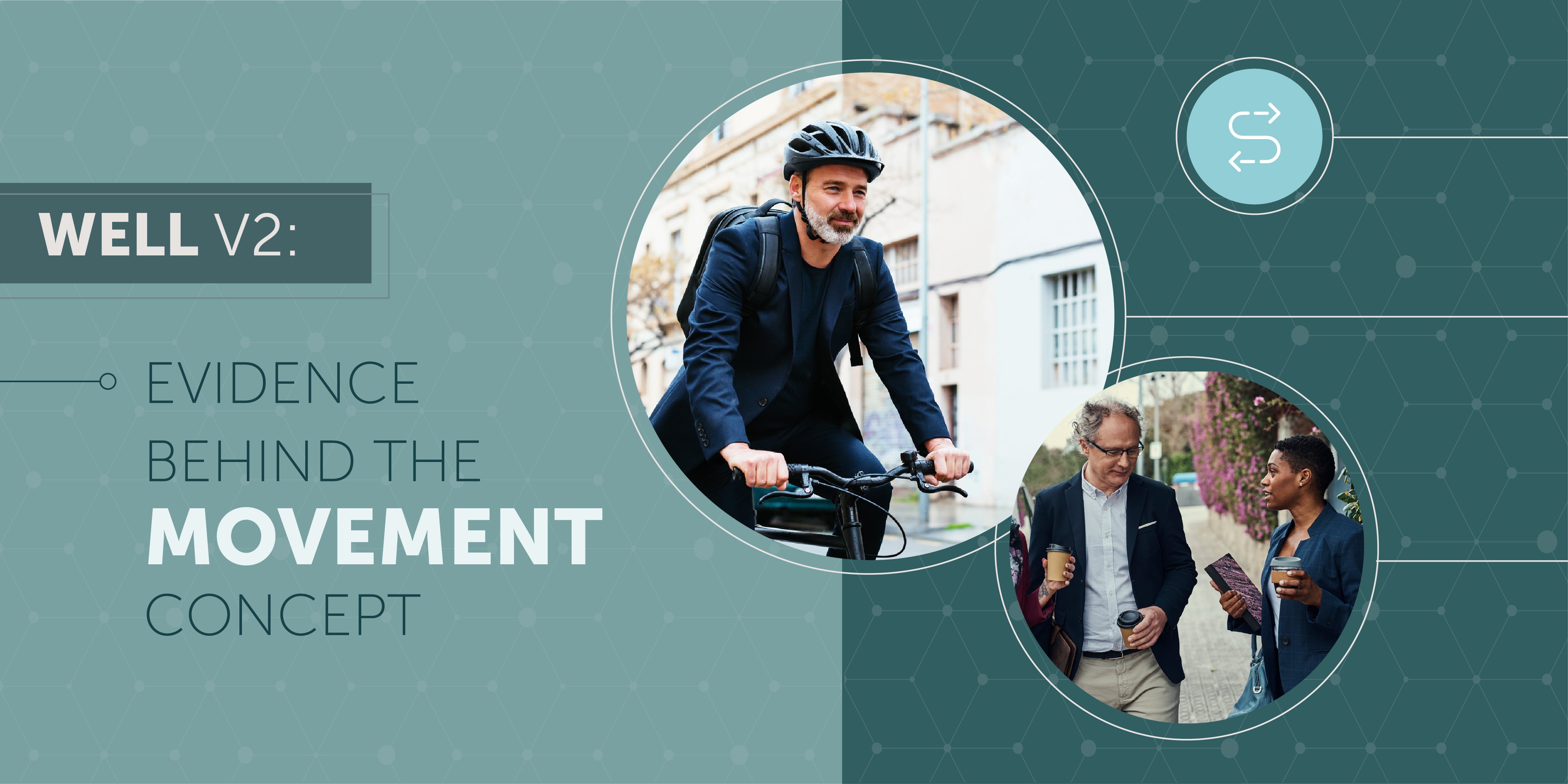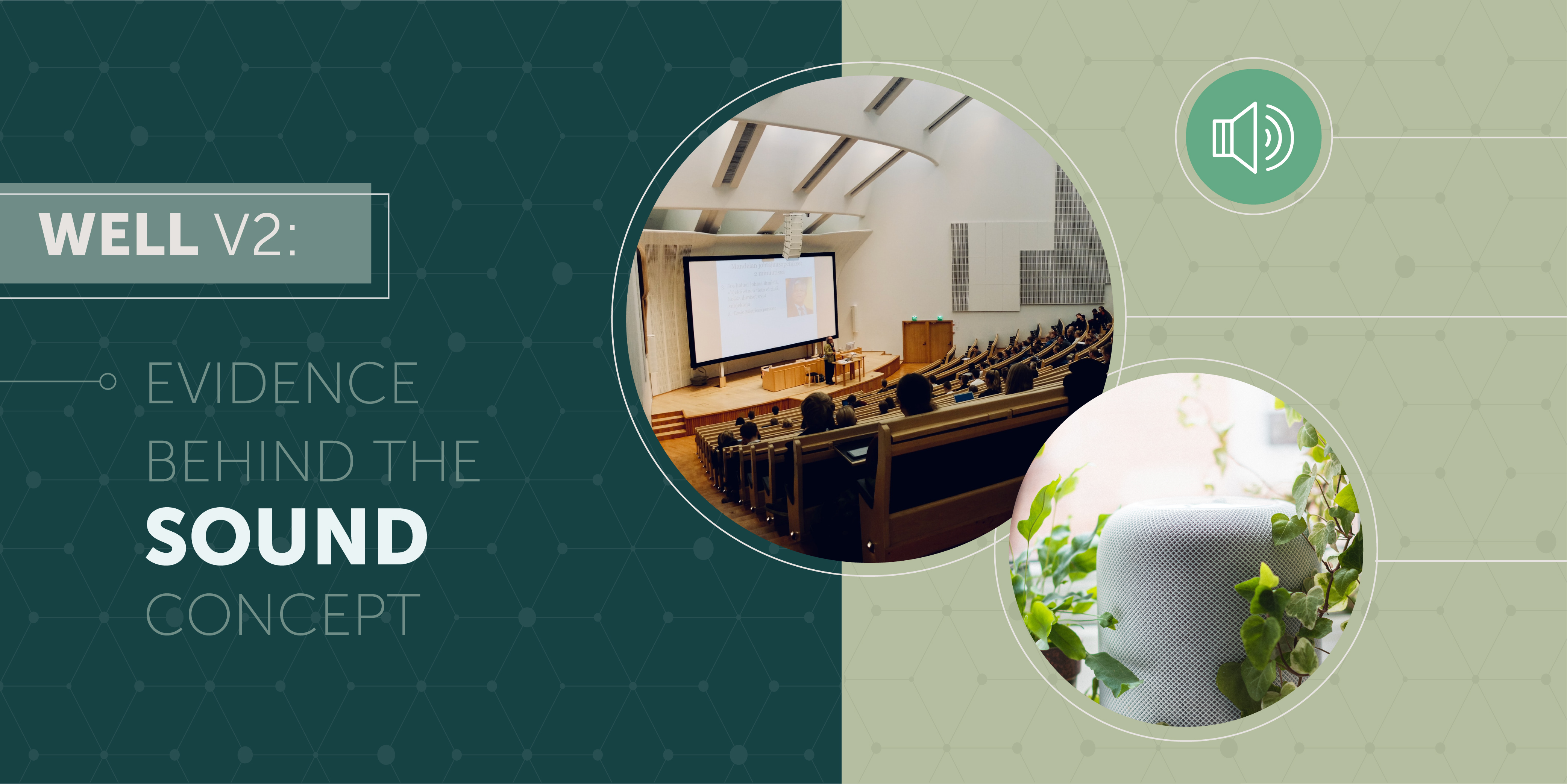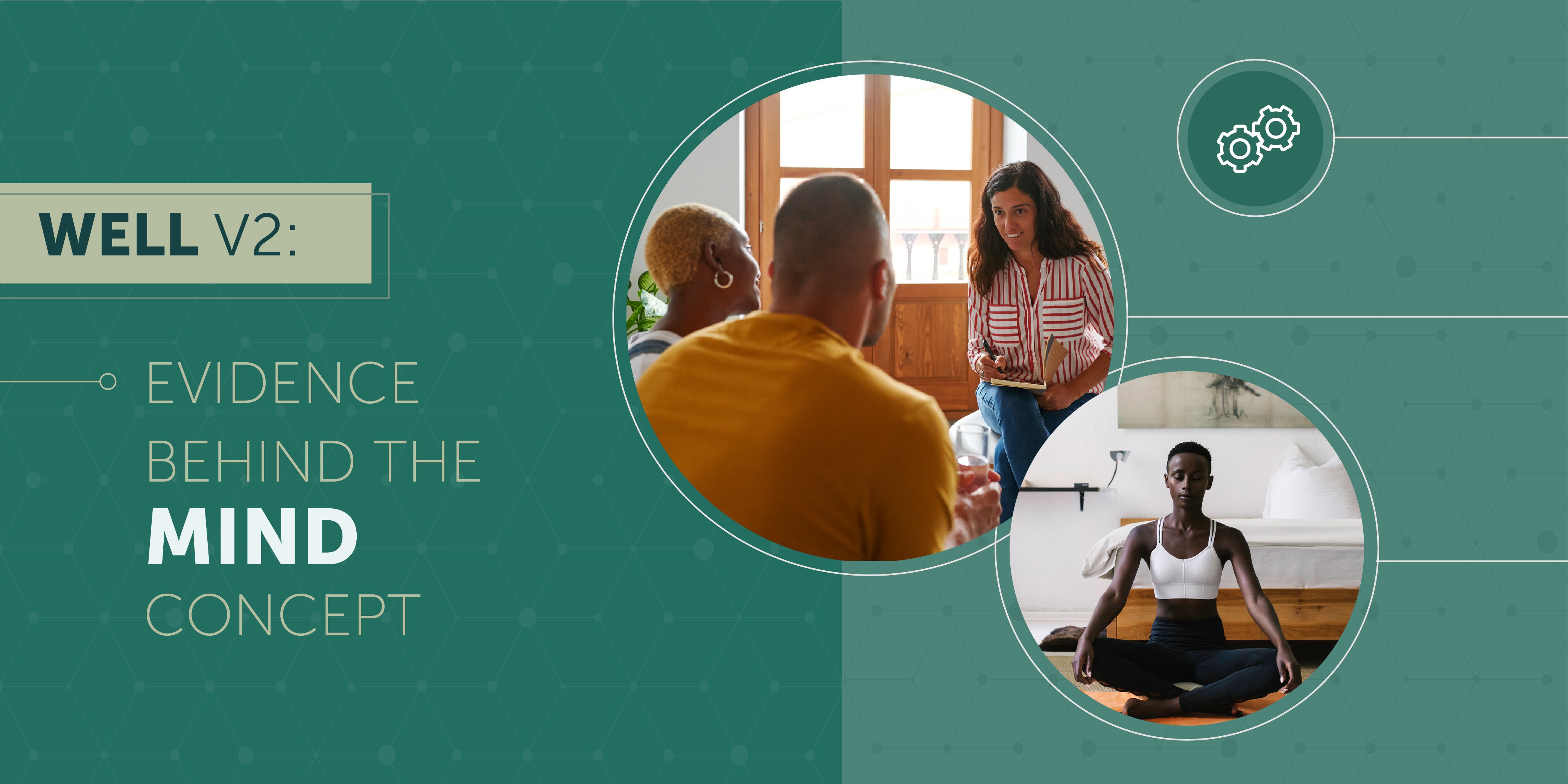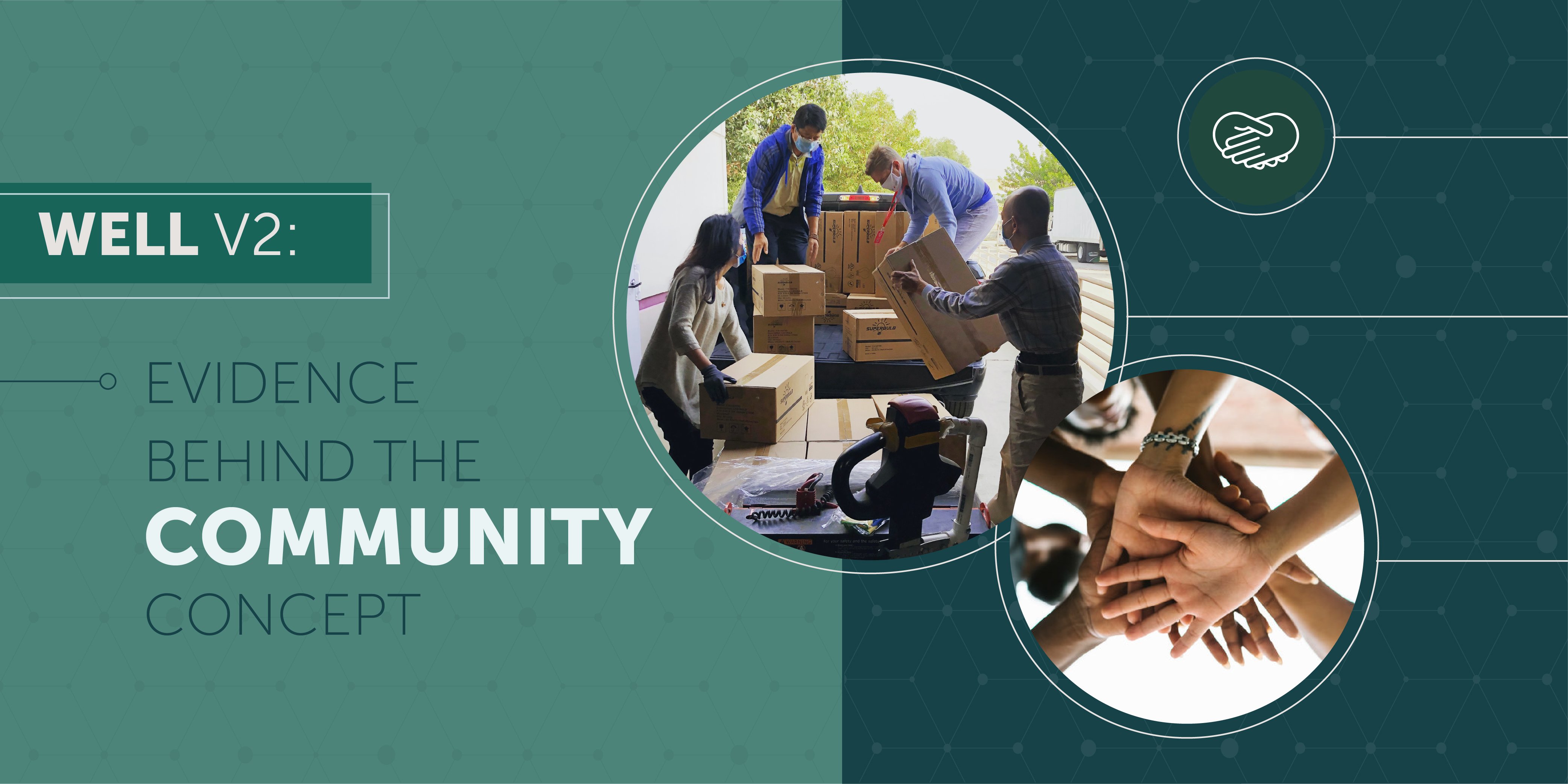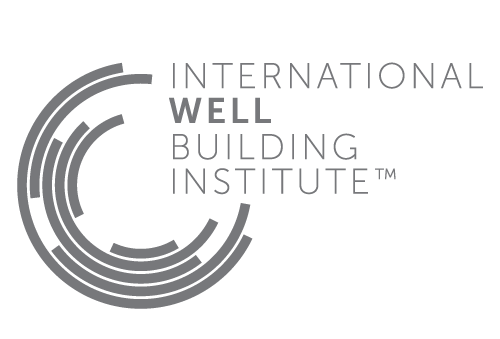It all starts with research
Our compilation of research digests directly compliment the WELL Building Standard, providing a deeper dive into the evidence behind each feature. Focused on the WELL concepts, the digests:
Build and affirm foundational public health and building science knowledge related to health in buildings and organizations
![]() Discuss pertinent public health issues related to WELL features, underscoring the why behind every feature in WELL
Discuss pertinent public health issues related to WELL features, underscoring the why behind every feature in WELL

How you can use it
Whether you are looking to build your public health knowledge or communicate the why behind a WELL feature, our research digests have something for you:
- Align your narrative with cutting-edge research and industry best practices
- Advocate for why and how WELL can help your organization and clients achieve their goals
- Prioritize WELL features to create scorecards that make an impact
Hear what people are saying

“It strengthens the story I can tell to clients about why implementing WELL features is beneficial for them and their company.”

“If I know the science behind things, I can educate people more, create awareness and justify why a project needs to pursue WELL.”
Your journey starts here
Air | Breathe easy
Learn about strategies to enhance indoor air quality.
Water | Drink up
Explore how water can impact the health of buildings and people.
Nourishment | Dig in
Discover strategies to support healthy and sustainable food choices.
Light | Shine on
Understand how daylight and electric light can enhance visual comfort and promote optimal sleep patterns.
DownloadThermal Comfort | Get cozy
Learn about the importance of creating comfortable indoor environments.
Materials | Be assured
Explore how materials and products installed and used in buildings may impact human health.
Movement | Keep moving
Discover how the quantity and quality of your daily movements can support your physical and mental health.
Sound | Tune in
Learn how supportive acoustic environments can help reduce distractions and promote focus.
Mind | Stay centered
Discover strategies that support cognitive and emotional well-being.
Community | Build connections
Learn how to create a culture of health for all.

